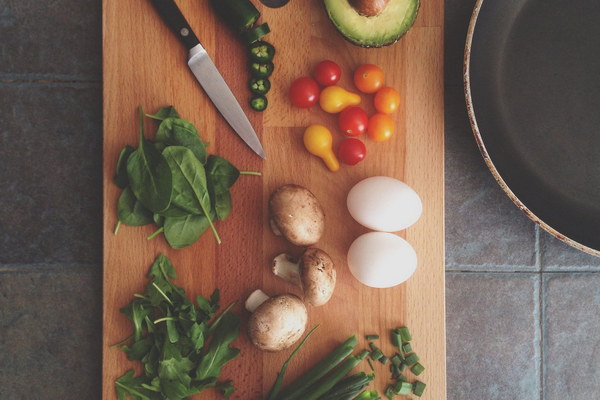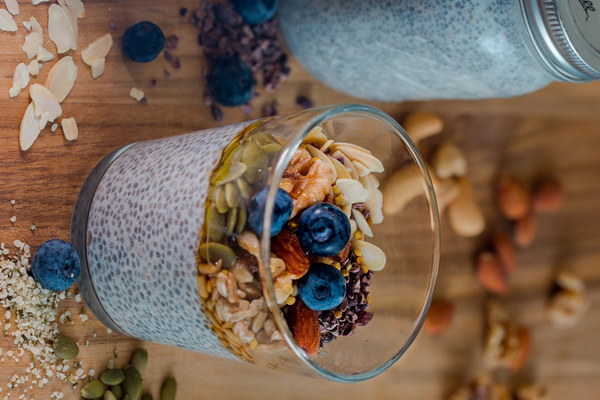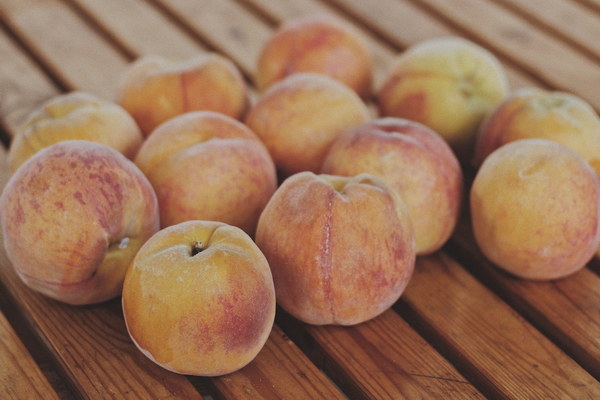Nourishing Your Stomach Discover the Best Vegetables for a Healthy and Balanced Diet
In the pursuit of a healthy lifestyle, it is crucial to consider not only the quality of the food we consume but also its impact on our digestive system. A well-nourished stomach not only ensures proper digestion but also supports overall well-being. This article aims to highlight the best vegetables that are both beneficial for the stomach and packed with essential nutrients.
1. Carrots
Carrots are an excellent source of beta-carotene, which is converted into vitamin A in the body. This nutrient plays a vital role in maintaining the health of the gastrointestinal tract. Additionally, carrots are rich in fiber, which aids in digestion and promotes regular bowel movements. Incorporating carrots into your diet, whether raw, cooked, or juiced, can contribute to a healthy stomach.
2. Spinach
Spinach is a powerhouse of nutrients, including iron, calcium, and vitamins A, C, and K. These nutrients support the proper functioning of the digestive system. Iron, in particular, is essential for preventing anemia, which can lead to digestive issues. Incorporate spinach into your diet through salads, smoothies, or cooked dishes to enhance your stomach's health.
3. Broccoli
Broccoli is a cruciferous vegetable that contains a wealth of nutrients, including fiber, vitamins C and K, and folate. These nutrients work together to promote digestion, reduce inflammation, and support the immune system. Broccoli's fiber content helps to move food through the digestive tract smoothly, while its anti-inflammatory properties can alleviate stomach discomfort.
4. Garlic
Garlic is not only a flavorful addition to various dishes but also a powerful herb for the stomach. It contains allicin, a compound that has antibacterial properties, which can help combat harmful bacteria in the digestive system. Garlic also stimulates the production of digestive enzymes, aiding in the breakdown of food. Including garlic in your meals, whether raw, cooked, or as a seasoning, can contribute to a healthy stomach.
5. Pumpkin
Pumpkin is a nutritious vegetable that is easy to incorporate into your diet. It is rich in vitamins A and C, fiber, and antioxidants. The high fiber content of pumpkin aids in digestion and can help prevent constipation. Additionally, pumpkin's nutrients support the health of the stomach lining and can help reduce inflammation.
6. Sweet Potatoes

Sweet potatoes are an excellent source of beta-carotene, vitamin A, and fiber. These nutrients work together to support the digestive system and promote regular bowel movements. Sweet potatoes are also a good source of vitamin C, which helps to strengthen the immune system. Adding sweet potatoes to your meals, whether roasted, mashed, or in soups, can contribute to a healthy stomach.
7. Asparagus
Asparagus is a low-calorie vegetable that is packed with nutrients, including fiber, vitamins A, C, E, and K, and minerals such as iron, copper, and manganese. These nutrients support the proper functioning of the digestive system and can help reduce bloating and constipation. Including asparagus in your diet, whether steamed, sautéed, or grilled, can contribute to a healthy stomach.
In conclusion, incorporating these seven vegetables into your diet can help maintain a healthy stomach and provide essential nutrients for overall well-being. Remember to consume a variety of vegetables and balance your meals to ensure a nutrient-rich diet. By nourishing your stomach, you can support your digestive health and enhance your quality of life.









